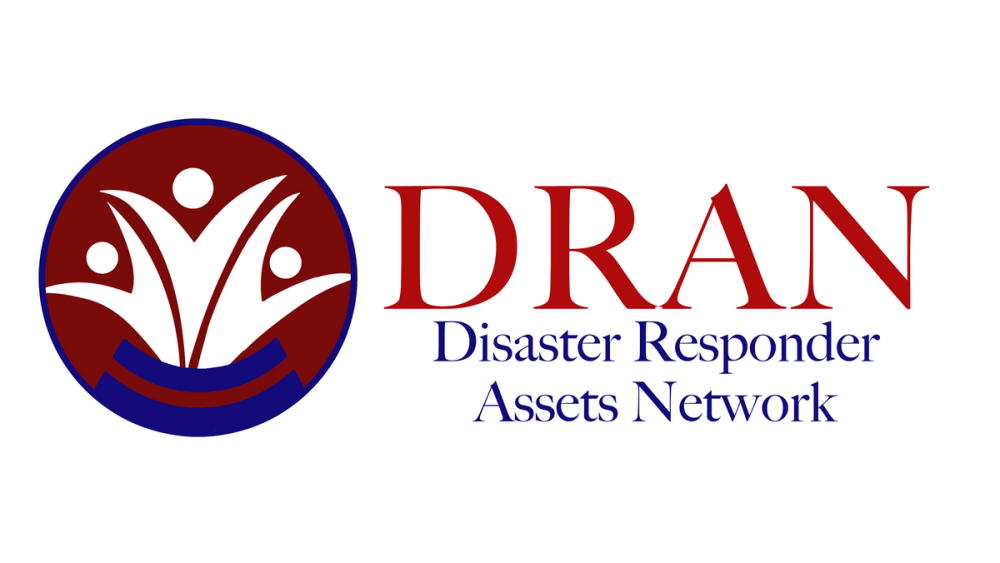By Laura French
SAN FRANCISCO — A California-based nonprofit organization will be hosting free online support groups for first responders and healthcare personnel on the front lines of the COVID-19 pandemic.
The Disaster Responder Assets Network (DRAN) is hosting the confidential online support groups via Zoom, which are open to any first responders or medical professionals directly involved in pandemic response. The sessions will be led by front-line responders trained in peer support.
Additionally, DRAN is collaborating with other nonprofit organizations including The First Responder Support Network and The Code 9 Project in their efforts to support front-line personnel.
“This crisis is taking a tremendous toll on front-line responders in a way we have never seen before. In most critical incidents, responders don’t have the added worry about bringing the event home to their family,” said DRAN Executive Director Nathan Schlitz. “In addition to the threat to their own lives on the job, they are putting their families at home at risk or, in some cases, are isolated from their families. This all takes a tremendous emotional toll.”
DRAN is also offering online training to a wide range of mental health professionals including psychologists, psychiatrists, social workers, members of the clergy and others who want to provide their services to pandemic responders. These trainings will provide guidance on how to best treat mental health issues in front-line responders.
“Our front-line responders need emotional support now. Many have been on the front lines for weeks and months and are experiencing clinical signs of exhaustion, anxiety, burnout and fatigue,” said DRAN Founder Nataly Kuznetsov. “Unfortunately, the reality is that these brave men and women who are putting their lives at risk for all of us will need help dealing with post-traumatic stress injury (PTSI) for many months and possibly years to come.”
To learn more about the online support groups, online training for mental health professionals and other resources, click here.












